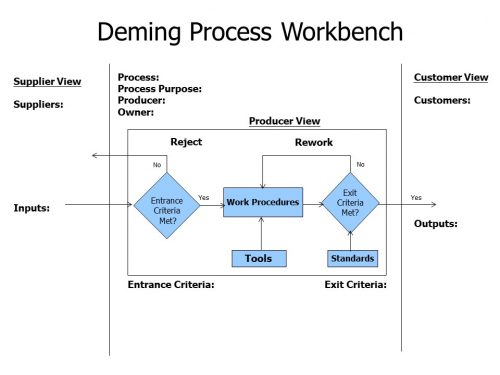A lot of businesses are pretty desperate to fill open positions. Pay rates are being increased, and hiring bonuses are being offered. Yet at the same time, the software that frequently intermediates between candidate and company is often structured and configured in a way that does nobody any favors. (except, perhaps, the vendors of such software)
Over-specification of job requirements is a frequent problem…some hospitals, for example, have scanned the resumes of nurses for ‘computer programming’ skills when what they really wanted was someone with data entry experience. Years ago, the WSJ ran an article on overspecification, featuring the quote “Companies are looking for a five-pound butterfly. Not finding them doesn’t mean there is a shortage of butterflies.” As an example, it mentioned a company that makes automobile bumper parts and was looking for a factory shift supervisor. They eliminated all candidates who didn’t have a BS degree, even though many had relevant experience, and also insisted on experience with the specific manufacturing software that was in use at the plant. It took six months to fill this job (during which time the position was being filled by someone who wouldn’t ultimately be chosen for it.) Another company, Wabtec, which makes components for railcars and buses, insisted on knowledge of a specific version of the computer-aided design system it uses, even though the differences between that version and the earlier version were not all that great.
It’s a basic reality of life that you can’t optimize everything at once. So, if you insist on a perfect fit for certain things, you are probably getting less of some other attributesand these may be ones that matter more. I’d personally rather have a salesman who has demonstrated (for example) skill at managing the customer politics in a large and complex sale than one who has specific experience with the Snarkolator CRM system. It’s a lot easier to train for the second than for the first.
Similarly, if a newly-hired mechanical engineer doesn’t work out, the cause will probably not be his lack of experience with the latest version of a CAD system. More likely, it will be a lack of good design intuition…or poor interpersonal skills…or an inability to integrate mechanical design with electrical and electronics aspects of the same product…or fit with the cultural style of the organization. Maybe he comes from an environment where he was closely supervised, and the new environment is more open and requires more self-starting…or vice versa. These things are not easily represented in “checklist” form, as is knowledge of a specific software package and version, but they matter a lot.
But…in addition to the overspecification problem…I think it’s a fallacy to believe that an algorithm, at the current state of the art, can reliably look at someone’s resume to decide whether or not they have a good shot at meeting the needs of the job. (Some programs are even looking at the applicant’s photograph, which opens the door to all kinds of problems.) It’s hard enough for a sharp HR person (some of them do exist) to understand the needs of the hiring manager well enough to screen resumes appropriately, let alone expecting an algorithm to do so.
Someone I know recently applied for a job for which she seems to be an excellent fit. The hiring software used by the organization sucked in her resume, formatted it to meet that software’s standards, and displayed the result. It didn’t really communicate what she wanted communicated…she had published several articles that were very relevant to the potential employer, but whoever wrote the software had apparently never thought about ‘published articles’ as a potential hiring factor, and she had to wrestle with the software for some time to get them included.
Once a resume passes initial screening, there are also some malign trends related to the interview process itself. In an seemingly-increasing number of cases, companies are requiring candidates to be interviewed by an unreasonable number of people…as many as 8 or 10, apparently. Still worse, there are companies which will reject a candidate if any of the interviewers disapproves of them. This is a guaranteed way to enshrine mediocrity and groupthink.
Employers do indeed have a real problem in dealing with the absolute flood of resumes that they get for just about any position–but need to be careful not to throw the babies out with the bathwater. Hiring decisions are absolutely critical in any organization–‘personnel is policy’–and have huge impacts on productivity, innovation, and growth.
